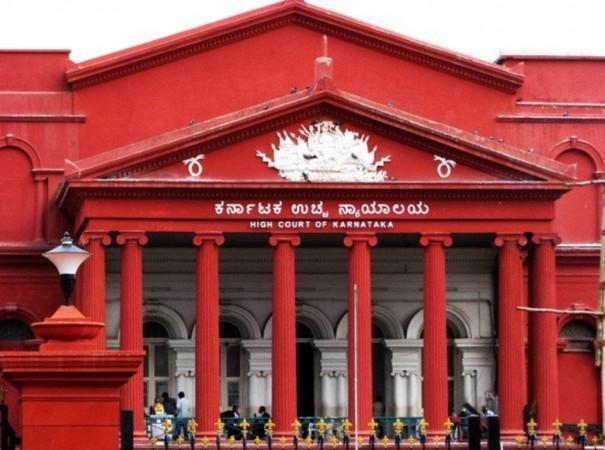This is the worst nightmare for Indians who are emotionally and financially invested in immovable properties, parking their entire life earnings in a house, flat or property so that they cannot be evicted.
But going by the 12 arrests made in Bengaluru so far, it cannot guarantee that from fake documents and fictitious owners and court stays. There's an organised racket out there that creates fake documents and then claims ownership to property that too moving to a court.

The nexus of operators starts by creating false documents and claiming ownership to property. After which, a case is filed in the small causes court for the eviction of a fictitious tenant named by the fake owner.
From what appears, the nexus includes several insiders as well, since a favourable decree is not possible without forgery, fabrication and impersonation. After the decree is obtained, it is used to evict the legal residing owner of the property.

When was the issue first raised?
While 12 arrests have been made so far, officials say that it is the tip of an iceberg since many more arrests are likely to follow under charges of forgery and impersonation. After the racket came to Karnataka High Court's notice last year, it led to an investigation by the CID under which 118 cases were unearthed in Bengaluru so far. The fake decrees obtained under the nexus even included a former public prosecutor and several lawyers.
The issue came to light last November when the Karnataka High Court was hearing a case filed by a firm Shah Harilal Bikabai and Company. The company was being evicted from its 100x56 sq ft property in North Bengaluru on the basis of a small causes court decree.
The firm, in its plea, informed the High Court that it had been in possession of its legally owned property since 1954. The firm knocked on court's doors after even a police complaint failed to stop the eviction process.
When the dots did not match, at all
The Karnataka High Court further found that conspicuously within a few days of the eviction case being filed in the small causes court, the fake owners and fictitious tenants even reached a compromise over the date of eviction. Thereafter the fake owners, under police protection, initiated the process of eviction of actual occupants or legal owners.
After noticing several such anomalies, the single-judge High Court bench of Justice Krishna Dixit noted, "that the eviction suit was filed on April 26,2018 and strangely a compromise decree has been obtained on 31st April, absolutely without any explanation for this rocket speed, even when the ink on the pleadings had not yet dried up."
The High Court asked for police investigation but things picked up only when CID took over. The Court also observed that such level of, "fraud, forgery and fabrication ordinarily do not happen without the involvement of insiders."
The underhand modus operandi
Records in the Shah Harilal Bikabai case, further revealed that several persons linked to the small causes court decree claimed to be linked to several other properties in Bengaluru. Sometimes as holders of General Power of Attorney, sometimes as land claimants and sometimes as fictitious tenants.
A division bench of the High Court headed by then Chief Justice Abhav Sreenivas Oka converted the case into a PIL and began monitoring the findings of CID probe. The CID report, submitted on August 17, stated that notices had been issued to revenue officials to, "furnish records of suit properties involved in 71 small causes cases."
For example, a person identified as Sendil Kumar claimed to be a GPA holder of B Mani, the alleged fake owner. Records showed that same Sendil Kumar was involved in 22 eviction lawsuits. Sometimes he was a plaintiff, sometimes a tenant, both fake and forged.
Similarly, Aaron, the alleged fictitious tenant in the Shah Harilal Bikabay case, was a plaintiff or a tenant in 31 other small eviction cases.















